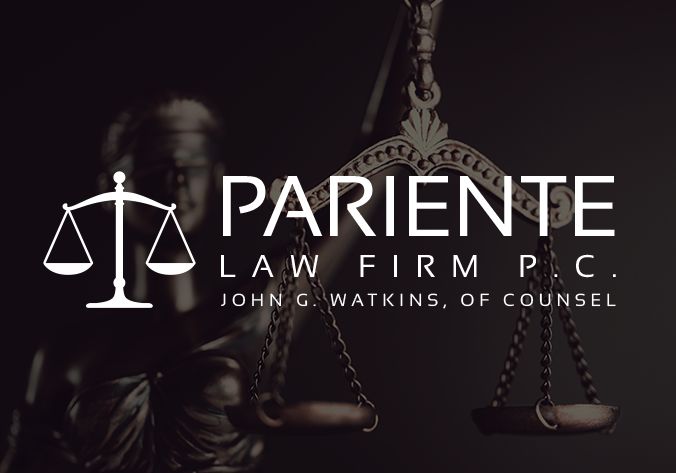What is a Home Invasion?
 According to Nevada state law (NRS 205.067), any person who forcibly enters an inhabited dwelling, at any time of day or night, without the permission of the lawful occupant, resident or owner of the home can be guilty of committing home invasion. While familiar examples of home invasions typically include cases in which the inhabitants of the home were present at the time of the forced entry, the inhabitants actually don’t have to be present for a forced entry to be considered a home invasion.
According to Nevada state law (NRS 205.067), any person who forcibly enters an inhabited dwelling, at any time of day or night, without the permission of the lawful occupant, resident or owner of the home can be guilty of committing home invasion. While familiar examples of home invasions typically include cases in which the inhabitants of the home were present at the time of the forced entry, the inhabitants actually don’t have to be present for a forced entry to be considered a home invasion.
What is Forcible Entry?
The legal definition of forcible entry in Nevada describes it as:
● The act of any person who breaks open doors, windows or other parts of a house, or by fraud, intimidation or stealth, or by any kind of violence or circumstance of terror, enters into any real property or any person who after peaceably gaining entrance to real property then turns out by force, threats or menace those who are in natural possession of the property.
What Makes a Home Invasion Different from a Burglary or Other Similar Crimes?
While some states don’t recognize any distinction between an act of burglary and an act of home invasion, Nevada does delineate between the two, as well as the similar crimes of robbery and trespassing. These crimes are detailed more clearly below.
● Home Invasion can only occur in places that are considered to be inhabited, meaning that this charge cannot be applied to forcible entry into businesses or properties and structures that are abandoned. However, the descriptive “inhabited dwelling” does apply to several specific types of residences, such as individual rooms or apartments, house or travel trailers, boats, tents, and more in addition to traditional buildings or homes. A key element of what constitutes a home invasion is that the forcible entry must result in some form of damage to the building or structure.
● Burglary is defined as entry into a home, place of business, structure, car or transportation vehicles (including trains and airplanes) with the intention of committing a felony, larceny, assault or battery, or obtaining money using false pretenses. One significant difference between burglaries and home invasions is that a burglary can happen in any building or vehicle regardless of its current state of inhabitance. Proof of intention to commit a crime upon entry of the building or structure in question will be a requirement to prove guilt.
● Robbery differs from both burglary and home invasion and involves the unlawful theft of personal property from someone while in their presence, against their will and using fear or force.
● Trespassing is another crime that is often associated with home invasion or burglary, but it involves simply being on the property of another person without their permission. It does not include any kind of forcible entry into the home or other structure. A trespassing conviction in Nevada is a misdemeanor.
Can Someone Be Charged with Both Burglary and Home Invasion?
Technically, yes. The crime of home invasion requires that a forcible entry has been made, while burglary does not. And alternately, the crime of burglary requires that there was an intention to commit a crime upon entry, which home invasion does not require. However, the state of Nevada also has a history of considering this combination of charges to be redundant, so it’s not unusual for one or the other to be dropped.
What Are the Laws Regarding Self-Defense During a Home Invasion in Nevada?
Nevada allows an individual to defend themselves or others in peril if they have a legitimate reason to believe that they are in urgent, pressing danger of serious bodily harm or death. This can include the potential necessity of using deadly force on an intruder who has forced entry into your home. For a death that is the result of deadly force to be considered a justifiable homicide by the state, it will need to be clear that the defense was in response to an obvious, serious threat and impending harm and not simply apprehension or unfounded fear.
Penalties for Home Invasion in Nevada
If someone is convicted of the crime of home invasion in Nevada, it is a category B felony. The standard penalty for this is:
● From 1 to 10 years in prison
● Fines of up to $10,000
Home Invasion with a Deadly Weapon
The penalties increase when the convicted crime was committed while the perpetrator was in possession of a firearm or other deadly weapon. The weapon can be one that the perpetrator had in their possession at the time of forced entry or a weapon that was obtained in the home, during the home invasion. This is still considered a category B felony, but the prison time increases. The penalty for this is:
● From 2 to 15 years in prison
● Fines of up to $10,000
Probation can be a possibility in cases that are the first offense, but if there is a prior conviction of home invasion or burglary, the option of probation is likely to be denied by the judge.
Anyone who has been charged with the alleged crime of home invasion or any related crime in Nevada should seek the experienced counsel of an attorney familiar with cases of this nature. A solid defense can take time to build, and the penalties if a conviction is made are severe. If you are seeking an attorney for yourself or a loved one that is facing these charges, we encourage you to contact our office today for a fr
ee case evaluation. We are ready to hear your side of the story.




